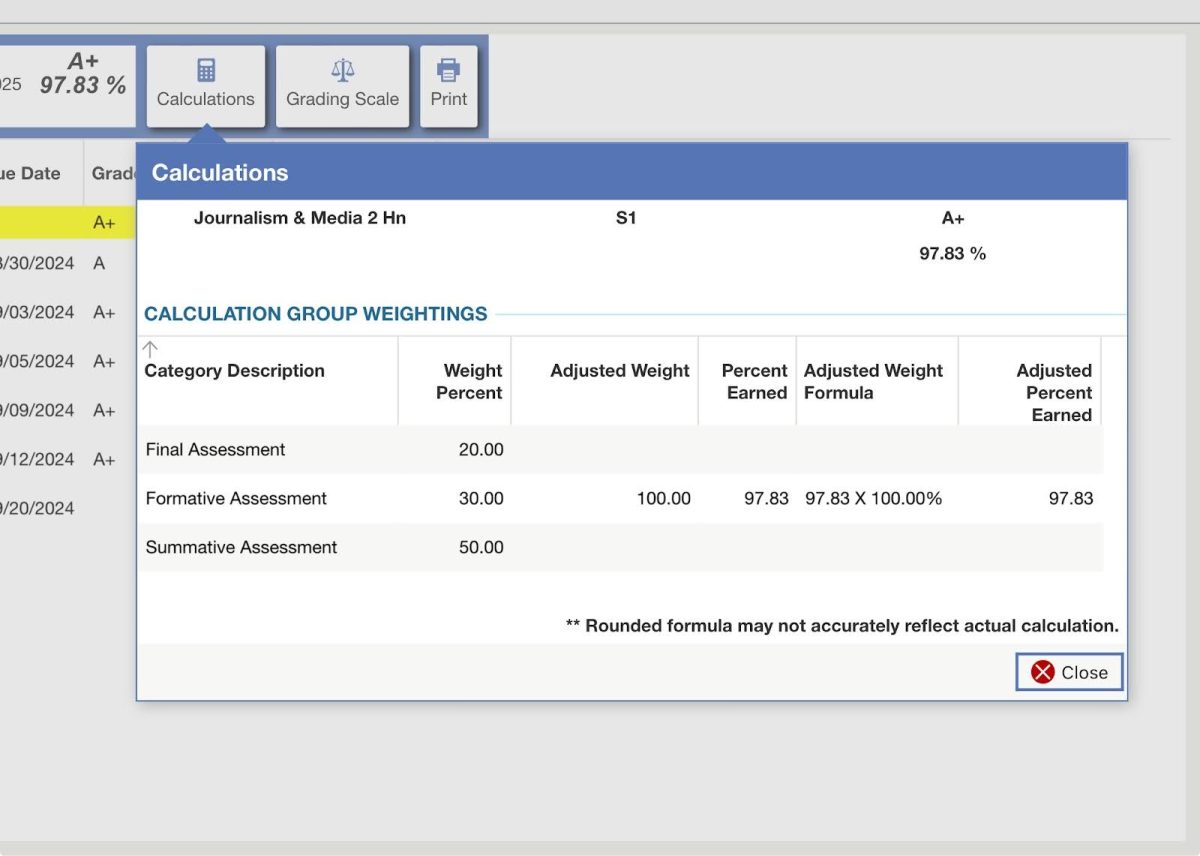For many students, the start of winter brings feelings of sadness or boredom, but when the sun comes back, it brings feelings of joy and happiness. What is it about the sun that can affect their moods?
During winter, the Earth’s axis points away from the sun. This causes the snow and the cold to heighten as winter arrives for its three-month long stay. Due to this change, the sun begins to slowly disappear as clouds block the sun and begin to form snow, hail, rain, and on occasion, snowy wind storms. Even if weather conditions are weary, there is one thing everyone looks forward to the most during winter: Christmas break.
Students look forward to this as a way to not only take a well deserved rest, but to also mark the first semester off their checklist for the school year. The excitement of receiving or buying presents, decorating, food, vacationing, and spending time with family and friends are at an all time high since school isn’t something to worry about until the break is over. But once all the holiday cheer dies down and Christmas is gone, the large amounts of snow, the sky being bleak, and not being able to go out, can really affect students mentally and emotionally.
According to hopkinsmedicine.org, Seasonal Affective Disorder (SAD), more commonly known as seasonal depression, is “a type of depression that happens during certain seasons of the year—most often fall or winter. It is thought that shorter days and less daylight may trigger a chemical change in the brain leading to symptoms of depression.”
Symptoms include the following:
- Increased sleep and daytime drowsiness
- Loss of interest or pleasure in activities you enjoy
- Social withdrawal and increased sensitivity to rejection
- Irritability and anxiety
These traits are heightened when it comes to teenagers, especially when the school season begins again. However, that all changes once the sun reappears and the temperature rises.
As spring begins, the Earth’s axis point comes back closer to the sun, providing more sunlight, and slowly raising the temperature. Students will often find themselves feeling more energized, less stressed, and prepared to face another school day as the sun shines and the cold and snow of winter fade away.
Exposure to sunlight can improve the following:
- Sleep
- Mood
- Hormones
- Immune system
- Body temperature
- Blood pressure
- Academic performance
With help from the sun, motivation and learning improves. Vitamin D, the most recognized nutrient the sun provides, is also important as it can enhance academic performance and allow students to stay consistent and energized as the semester continues.
When the sun is out, students doing spring sports, outside work for certain classes, or leaving for the day, can enjoy the warm weather and occasional cool breeze that blows away winter blues. Having sunny and warm weather even if school is still going on can make it more enjoyable.
“I think it’s so much better when the sun’s out and you can go out. I enjoy going outside all the time and like hanging out with my friends, and it sucks when you know you have to stay in during the cold season,” said sophomore Vinny Quiroz.
”To me, there are no negatives. When it’s nice throughout the day, you can do things outside, and when you’re leaving to go to your car, it just feels good,” said sophomore Faye Bouck.
Quiroz and Bouck both said that sunny and warm weather boosts their moods, makes them less tired, and the fun activities that take place in and out of school are more exciting because it is so much nicer compared to the cold and snowy weather.
When it comes to sunshine, clear skies, and warm weather during the school year, it can improve a students mental and emotional state, help them to stay focused and motivated to continue, and create excitement for future events, plans, and goals to come. A little bit of sun can truly make a difference.



























